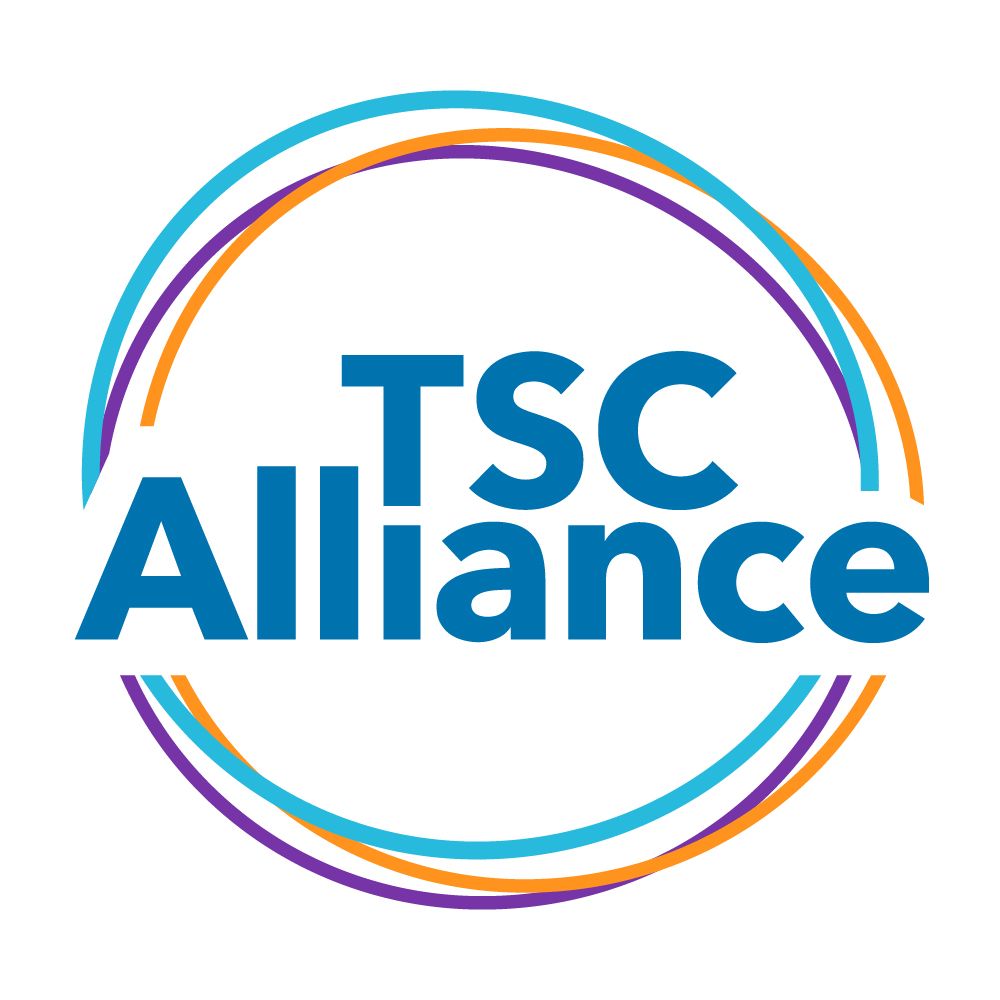
A Mother’s Fight Against Infantile Spasms: The Power of Instinct and Community

This story highlights a mother’s journey through her daughter Addie's diagnosis of Tuberous Sclerosis Complex (TSC), emphasizing the critical need for early diagnosis, parental advocacy, and the strength of community support.
When my daughter began having unexplainable ticks in her leg as an infant, I never imagined how profoundly it would alter our lives. At just six months old, Addie, who is now 17 years old, was diagnosed with Tuberous Sclerosis Complex (TSC) after enduring infantile spasms for nearly four months. Early recognition and treatment are vital in minimizing these spasms' long-term effects. Our journey taught me the importance of trusting parental instincts and the power of community support.
Addie’s symptoms began at two and a half months old, with repetitive movements in her left leg, head drops, and arm jerks. Concerned, I sought help from her pediatrician, who referred us to a pediatric neurologist. However, the earliest appointments for her EEG and MRI were months away. Waiting in limbo, her spasms intensified—132 spasms in clusters of 20 to 25 over just four hours. Watching my baby cry during these episodes, powerless to help, was devastating.
During her MRI health check, I mentioned Addie’s white spots to her physician, who suspected TSC. That day, I discovered a video on the TSC Alliance website showcasing infantile spasms. Through tears, I realized this was affecting Addie. With the help of an old friend at the TSC Alliance, we quickly saw a specialist, who confirmed the diagnosis. Addie had numerous brain tubers causing the spasms. Treatment began immediately with vigabatrin, and after the first dose, her spasms stopped. Relief swept over us, but it had taken nearly four months to reach this turning point.
The delay in diagnosis profoundly affected Addie. She stopped smiling, laughing, and making eye contact—milestones she had previously achieved. Her development regressed, and she continues to face emotional and intellectual challenges today. If her infantile spasms had been recognized and treated earlier, her life might look very different. She might be able to read and write instead of depending on me for daily tasks like shaving her legs.
This experience taught me the importance of trusting my instincts. As a mother, I knew something was wrong, but I hesitated to push harder for answers. Parents should never feel silenced when advocating for their child’s health.
This journey inspired me to advocate for others navigating similar challenges. I volunteer with the TSC Alliance, host walk-a-thons to fund research, and lobby for better healthcare resources. These efforts not only honor Addie but aim to prevent other families from enduring the same delays we faced.
Parents, trust your instincts. Take videos of unusual symptoms—they can provide critical evidence for doctors. Seek a timely diagnosis and lean on the community around you. The connections I’ve built with other families affected by TSC have been a lifeline, providing both emotional and practical support.
Despite her challenges, Addie’s smile lights up every room. She has taught me resilience, the importance of community, and the power of hope. To parents on this journey: educate yourself, trust your gut, and never stop advocating for your child. Together, we can raise awareness about infantile spasms and create a brighter future for all children impacted by this condition.
Newsletter
Keep your finger on the pulse of neurology—subscribe to NeurologyLive for expert interviews, new data, and breakthrough treatment updates.










